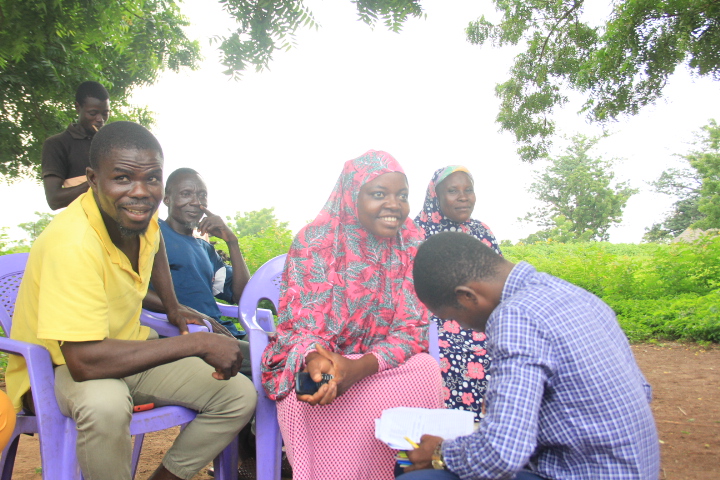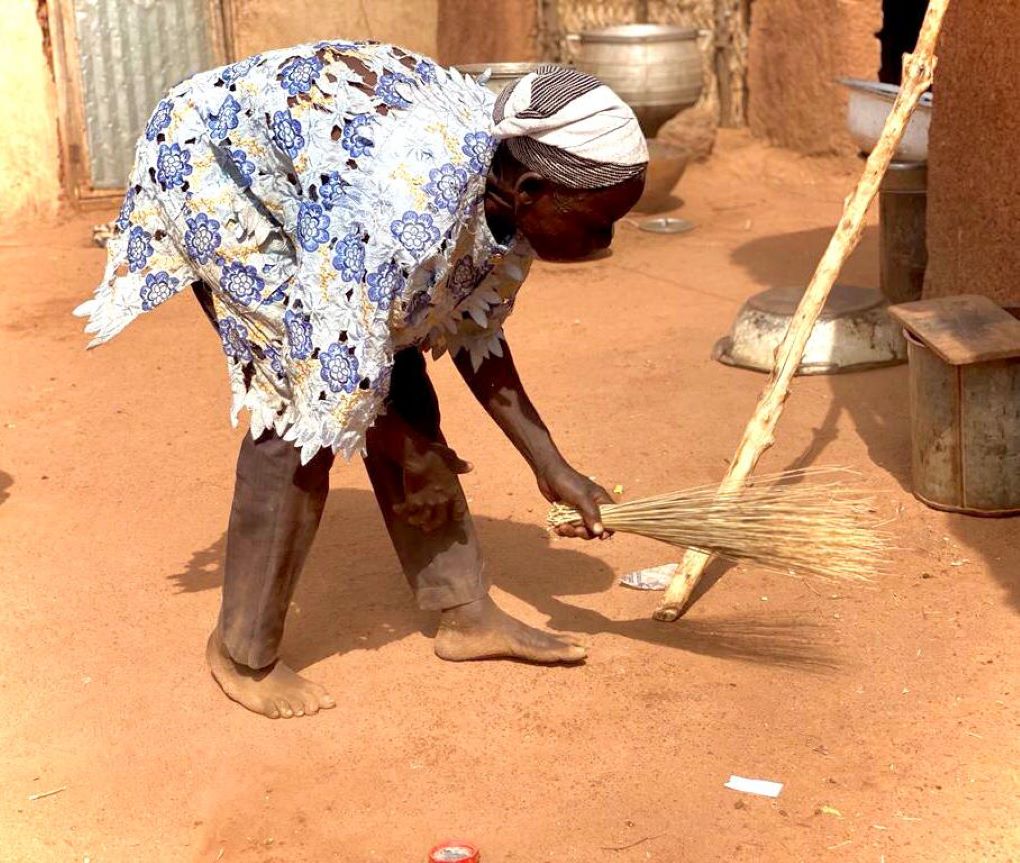Since the inception of the Gender Module Family (GMF) within the various communities of the GROW2 project, gradual monitoring has been made to determine the impact the module has had on various households. The GMF is a gender component of the GROW2 project, which seeks to elevate the opportunities of women, create space for them to venture into or have time to generate more income through reducing unpaid care work, foster participation in household decision-making, and improve their standards of living.
The GMF is currently running in the Savelugu, Nanton, and Central Gonja districts and has made a lot of impact on the participating households despite the challenges in the beginning. Families that have embraced the concept have shared the changes they are seeing in their households. Led by the GESI officer at URBANET Ghana, couples are taken through how to foster inclusiveness in the household, especially how men can support their wives.
Recent monitoring has shown immense improvement in households and the relationship between spouses as well as their children. Men have begun to support their wives in household chores, including decision-making, providing social and financial support, and engaging in communication, which has reduced gender-based abuse, among others.
In the Savelugu district, through decision-making and effective communication with their husbands, a lot of women have been able to acquire certain pre-harvest and post-harvest technologies such as threshers, roller/push planters, and motokings, amongst others, under the GROW2 Price Discount Scheme with their support. Most women have received support when it comes to farm labour, and taking care of children, and they have also been able to acquire multiple sources of income to support themselves and their households.
In terms of communal conflicts, some traditional leaders have reported a reduction in household conflicts and minor community conflicts, and an increase in communal cohesion and peace. However, some men still face challenges in adjusting to the concept due to name-calling and mockery for assisting and performing roles that are generally known to be women’s roles. Most men have been able to fully embrace and adjust to their new roles and have become advocates for the concept in their group meetings and in the community at large.
The Gender Module Family concept has exceeded the expectations of many. A lot of women have shown appreciation and joy at the initiative, and how much stress and burden it has reduced for them. Others in polygamous households have expressed peace between cowives and support for each other. GMF, popularly and joyously called “dundong malimali” (sweet household) by our beneficiaries, has become a daily slogan sung in each practicing household.



